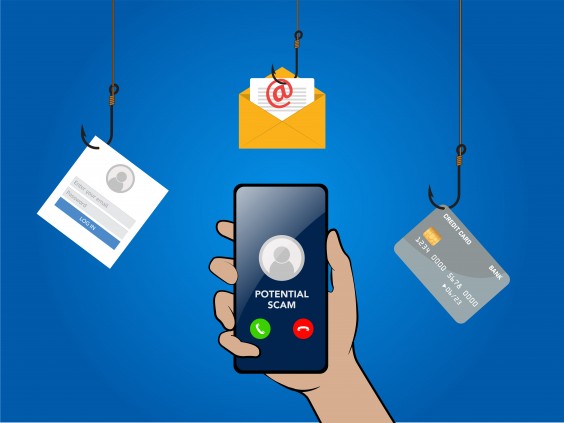The following information is cited from the FTC website. Further information and detail can be found by visiting that site.
Specific Tips to Prevent You From Being a Victim of Fraud
- Block unwanted calls and text messages.
- Don’t give your personal or financial information in response to a request that you didn’t expect. Legitimate organizations won’t call, email, or text to ask for your personal information, like your Social Security, bank account, or credit card numbers.
- Resist the pressure to act immediately. Legitimate businesses will give you time to make a decision. Anyone who pressures you to pay or give them your personal information is a scammer. Don’t be fooled if they threaten to arrest you, sue you, take away your driver’s or business license, or deport you. Also don’t fall victim if they say your computer is about to be corrupted.
- Know how scammers tell you to pay. Never pay someone who insists you pay with a gift card or by using a money transfer service. And never deposit a check and send money back to someone.
- Be wary of calls regarding a problem or a prize. Scammers may tell you there’s a problem such as you owe money to the government or that your family had an emergency or that there is a virus on your computer. In other instances, they may say you won money in a lottery or sweepstakes but you have to pay a fee to get it.
- Stop and talk to someone you trust. Before you do anything else, tell someone — a friend, a family member, a neighbor — what happened. Talking about it could help you realize it’s a scam.
Report Scams to the FTC
If you were scammed or think you saw a scam, report it to the Federal Trade Commission.
 FDIC-Insured – Backed by the full faith and credit of the U.S. Government
FDIC-Insured – Backed by the full faith and credit of the U.S. Government


